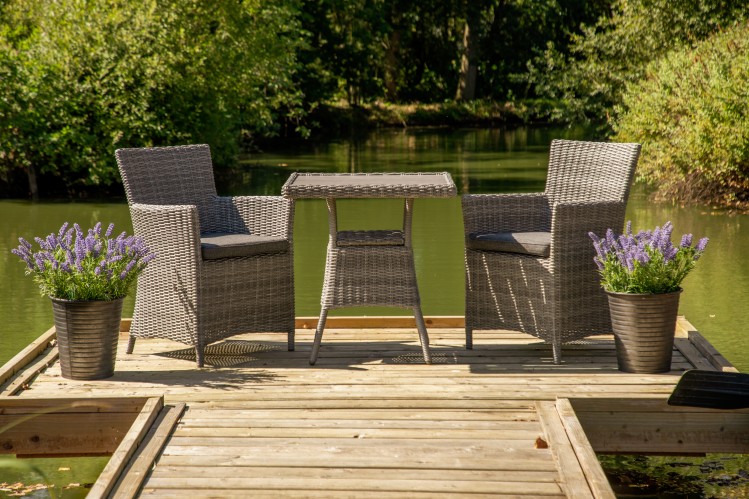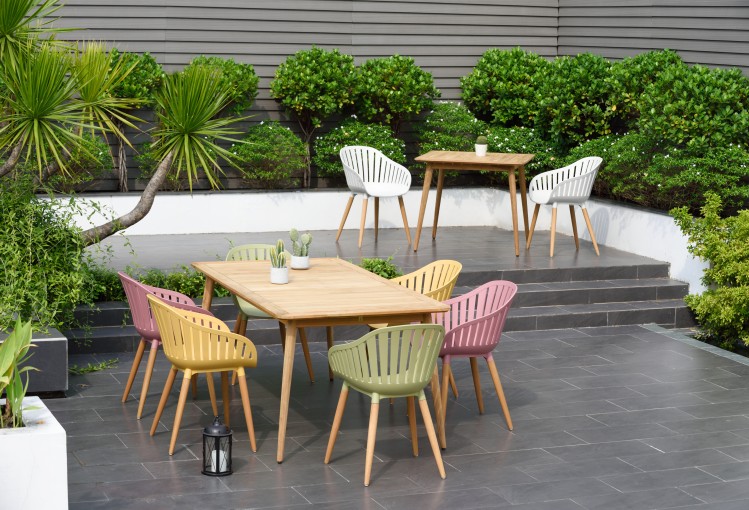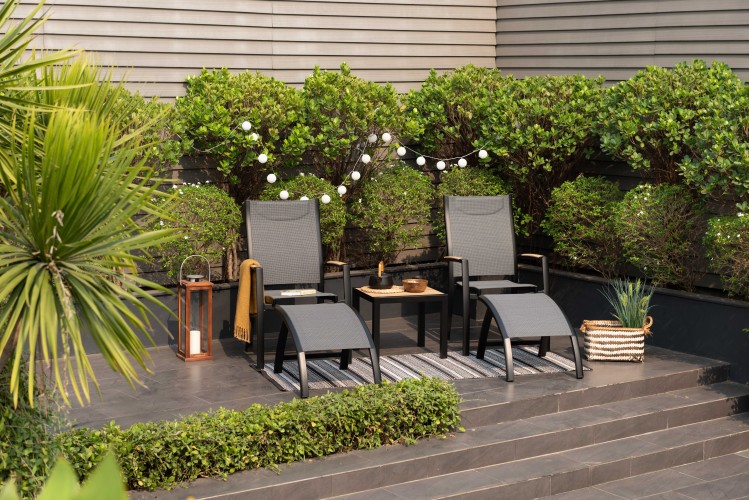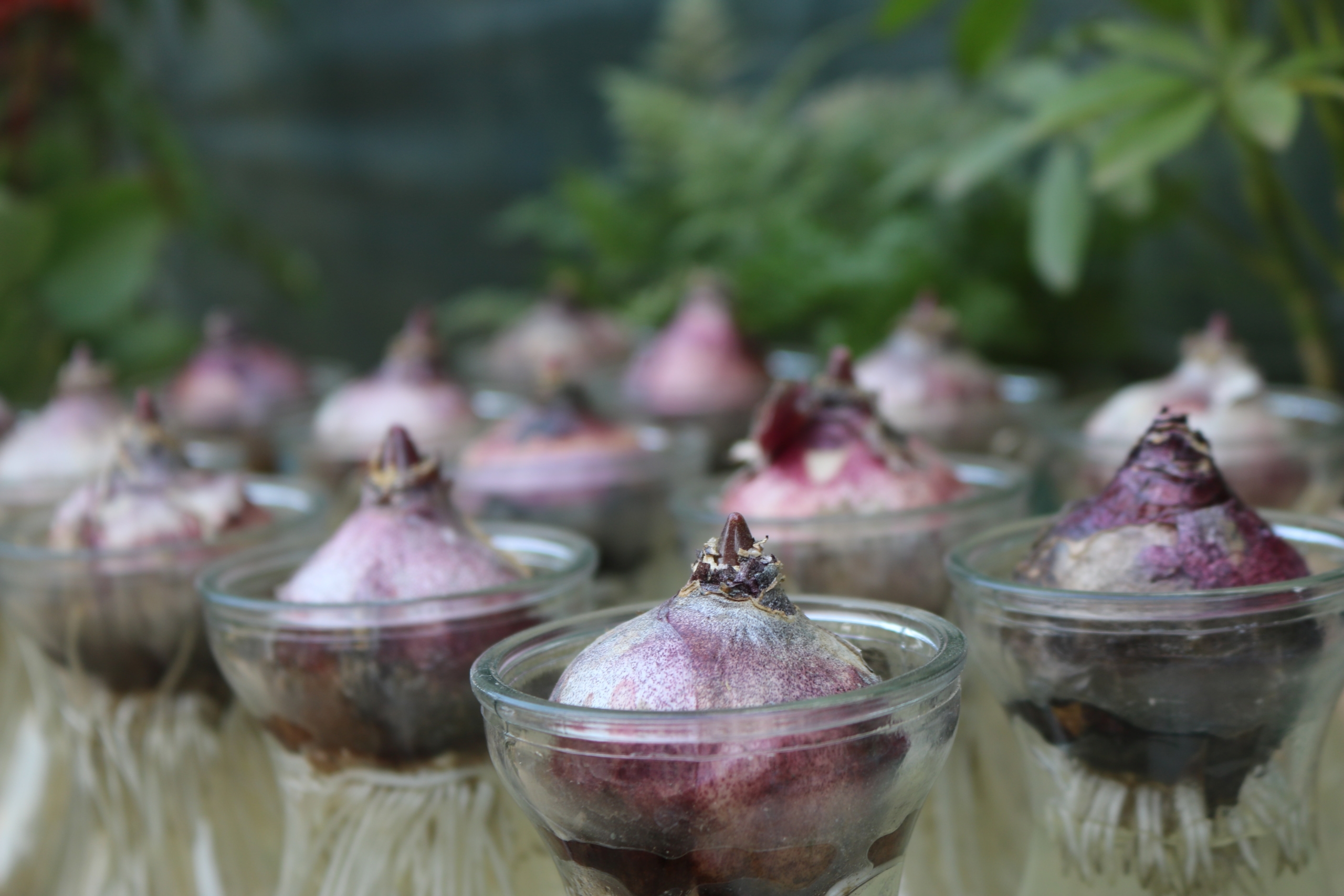Your basket is empty.
Look like you haven't added anything to your cart

The garden isn’t quite ready to burst into colour for spring but there are still some jobs you can do outdoors to prep your space for the season ahead. Yes, it may be chilly but make the most of that glorious winter sunshine to do a bit of light pruning and prep to help you get ahead.
With roses still dormant, it’s the perfect time of year to tidy buses up to encourage a healthy bloom this spring and summer. Trim back to just above a bud and ensure you remove any dead branches. It’s also a great time to cut back ornamental grasses and prune apple and pear trees. Not sure where to start with your fruit trees and worried you’ll take too much off? Fortunately, there is a pruning-made-easy guide from the RHS to help keep the job simple.

Get busy digging over any empty beds ready for re-planting when the weather warms up. Obviously not a job if the ground is frozen but perfect on a mild day when the soil will be more malleable. Not only is this great for removing weeds, it also improves soil structure and gives you the opportunity to add any feed or fertiliser.
A quick, easy way to really boost your soil nutrients after you’ve dug the bed over is by laying down old cardboard on the surface, as a sheet mulch, and covering with manure. Ideal if you still have a pile of boxes left over from online deliveries over Christmas and the January sales. This acts as a great weed suppressant and the combination of the manure, soil bacteria and worms will help the cardboard rot down, adding lovely nutrients to your bed. Good quality, plain cardboard without a shiny coating or tape is often best and will break down more quickly. Don’t worry about ink, as these are usually plant-based and won’t interfere with the process.

Now is a great time to add mulch to your plants and beds. It can help maintain soil temperature, prevent too much water soaking into your soil and washing away vital nutrients and microbes, keep soil in place, protect plant roots from damage over winter, and can add organic matter to the bed as it breaks down. Depending on what you’re growing, you can use a variety of mulches, including bark chippings or mixed tree mulch for citrus trees, perennial flower beds, apple and pear trees, annual flower beds, and annual herbs, like Thyme, or you can use straw for soft herbs, like basil, strawberries, and vegetable gardens. If you’ve got your Christmas tree still lying around you can even turn that into chippings and use to mulch your beds.


Traditional gardeners like to get their bulbs underground between October and January but, fear not if you missed that window because it’s not too late. Provided the ground isn’t frozen solid, you can still plant bulbs during February.